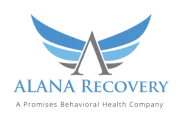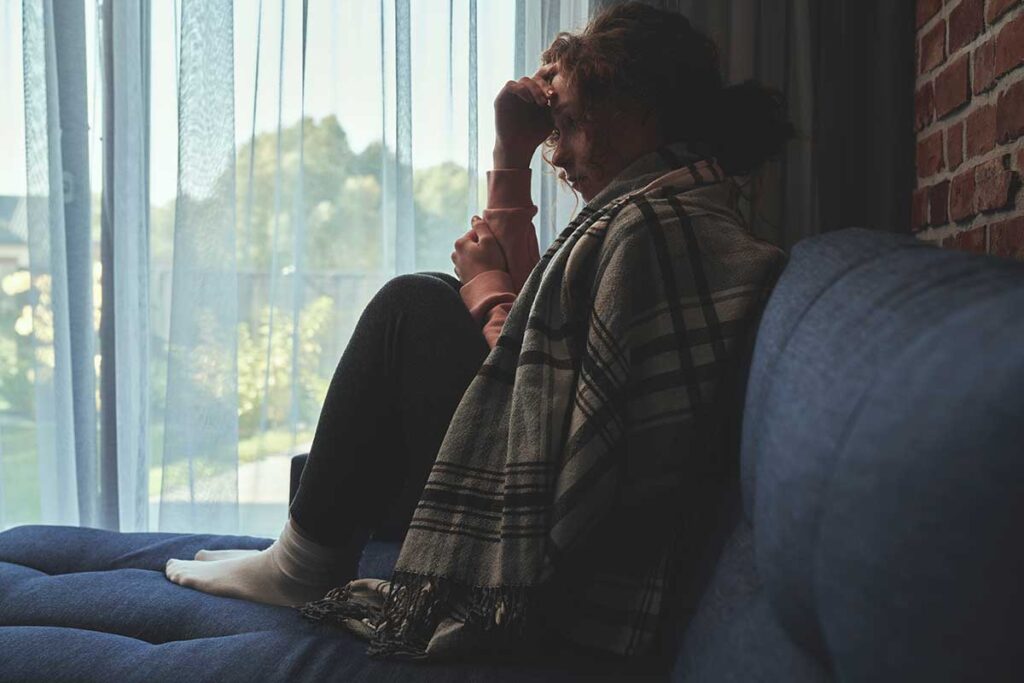Opioid dependence is a significant challenge affecting individuals, families, and communities across Georgia and the country. Understanding the signs of this condition can help you or a loved one take the first step toward recovery. At ALANA Recovery, we’re here to walk with you on that path, offering compassionate care and resources to help you regain control of your life. If you or someone you know is showing signs of opioid abuse, don’t wait—reach out today and learn how opioid rehab can help.
Understanding the Opioid Epidemic
The opioid epidemic continues to impact the United States profoundly. Drug overdose deaths remain on the rise, with nearly 108,000 fatalities reported in 2022. Among these, synthetic opioids—primarily illicitly manufactured fentanyl—accounted for a significant portion and are a significant driver of the epidemic, contributing to nearly 74,000 overdose deaths that same year.1
Opioid use often begins with a legitimate prescription for managing pain after surgery, injury, or a chronic condition. However, the highly addictive nature of opioids can lead to misuse, dependence, and addiction. Awareness of the long-term effects and signs of opioid abuse is critical in addressing this crisis and helping those affected find support and treatment.
What Are the Troubling Long-Term Effects of Opioid Abuse?
Consistent and prolonged opioid misuse can cause devastating effects on an individual’s physical, mental, and emotional health. These include:
- Physical effects – Drug use can lead to serious health consequences, including liver damage and organ failure. It also increases the risk of infectious diseases like HIV or hepatitis, particularly from injection drug use. Additionally, it can cause respiratory depression or even respiratory failure.
- Mental and emotional effects – Severe depression and anxiety can significantly impact daily life, often accompanied by cognitive impairments such as difficulty with memory and decision-making. Additionally, these conditions can increase the risk of suicidal ideation, highlighting the importance of addressing mental health challenges.
- Social consequences – Strained or broken relationships with loved ones, job loss or financial difficulties, and legal problems related to illicit substance use are common challenges individuals may face.
Understanding these long-term effects highlights the importance of early intervention to prevent further harm.
What Are the Signs of Opioid Dependence?
Recognizing opioid dependence isn’t always straightforward, but there are key signs to look out for. Identifying these early allows you to seek support and resources before the situation escalates.
Physical signs of opioid dependence include:
- Withdrawal symptoms – Intense cravings, sweating, nausea, vomiting, and muscle aches when not using opioids
- Changes in behavior – Sudden drowsiness, confusion, or difficulty concentrating
- Higher tolerance – Needing larger doses of the drug to achieve the same effects
Signs of emotional struggles from opioid use include extreme mood swings ranging from irritability to euphoria. Anxiety or depression may also increase, especially when opioids aren’t available. Social withdrawal, where someone is isolated from family, friends, or activities, is another common sign. Behavioral signs include prioritizing opioid use over responsibilities and disrupting daily life. “Doctor shopping” to get multiple prescriptions and financial struggles from spending heavily on opioids are also red flags.
If you or someone you know is experiencing these signs, help is available. Opioid dependence doesn’t have to define the future.
How Opioid Rehab Can Help
Seeking opioid rehab is a courageous and essential step toward reclaiming your life from dependence. At ALANA Recovery, we offer treatment programs tailored to meet the unique needs of our clients, helping them address not just the symptoms of substance use but also the underlying causes. Here’s what you can expect from treatment at ALANA Recovery:
- Therapy and counseling – Sessions that explore the root causes of opioid use and teach coping strategies.
- Medication-assisted treatment (MAT) – Programs that use specific medications to manage withdrawal symptoms and cravings, making recovery more manageable.
- Support networks – Group therapy and community support programs that provide encouragement and connection.
Rehab offers numerous benefits for those on the path to recovery. It helps individuals regain control by breaking the cycle of dependency and empowering them to make healthier choices. The process emphasizes holistic healing, addressing physical, mental, and emotional well-being. Additionally, rehab provides an opportunity to build lasting connections with others who understand and support the journey toward recovery.
Take the First Step Toward Healing with ALANA Recovery
Recognizing the signs of opioid dependence is the first step in helping yourself or a loved one find hope and healing. At ALANA Recovery, we offer supportive, evidence-based opioid rehab programs to guide you toward lasting recovery. Call 770.759.7474 today or reach out online to learn more about our services and start healing.
Footnote:

